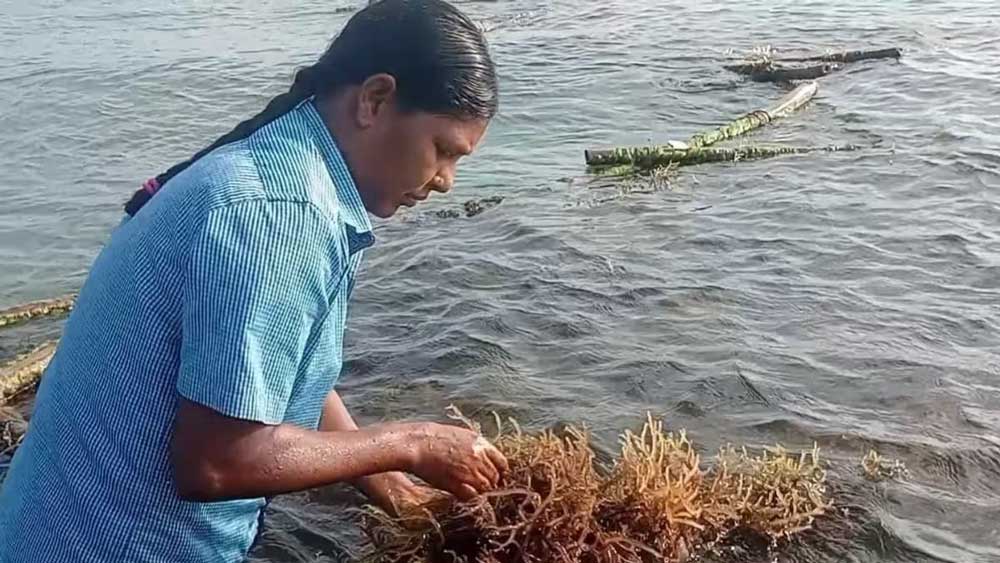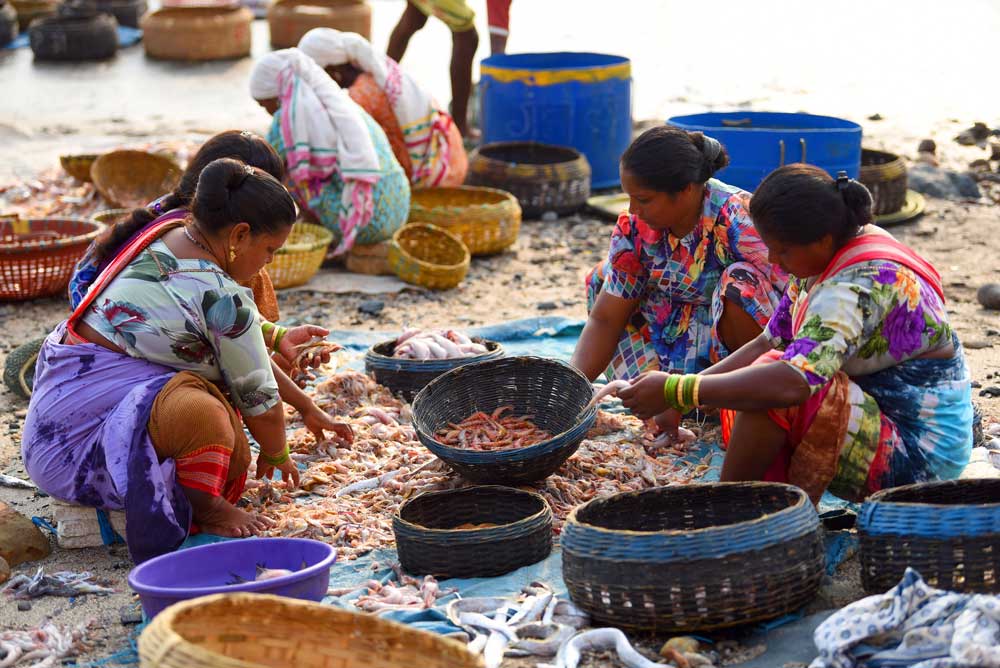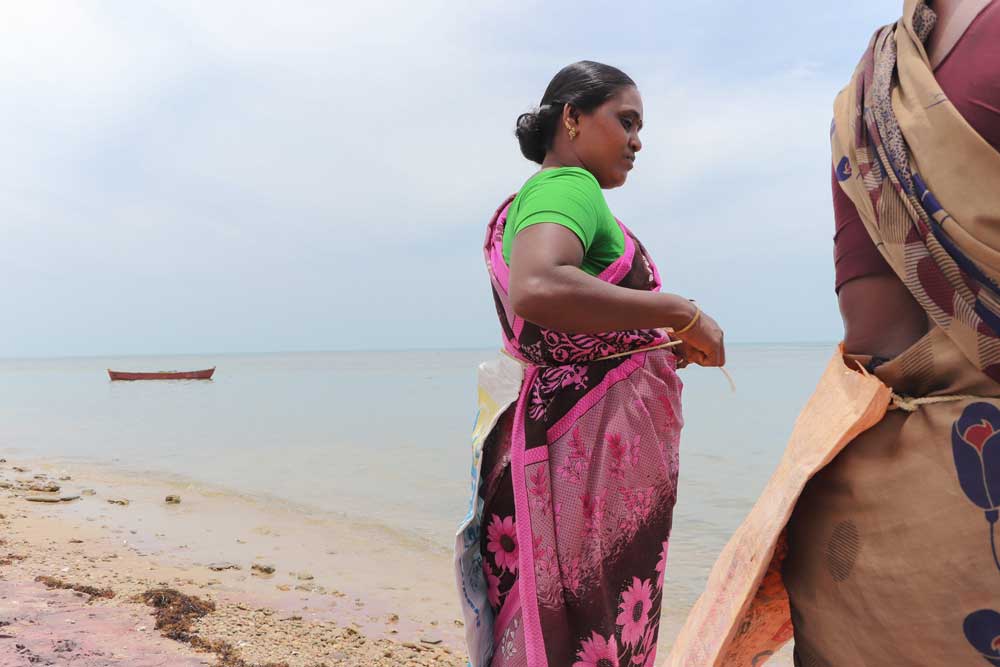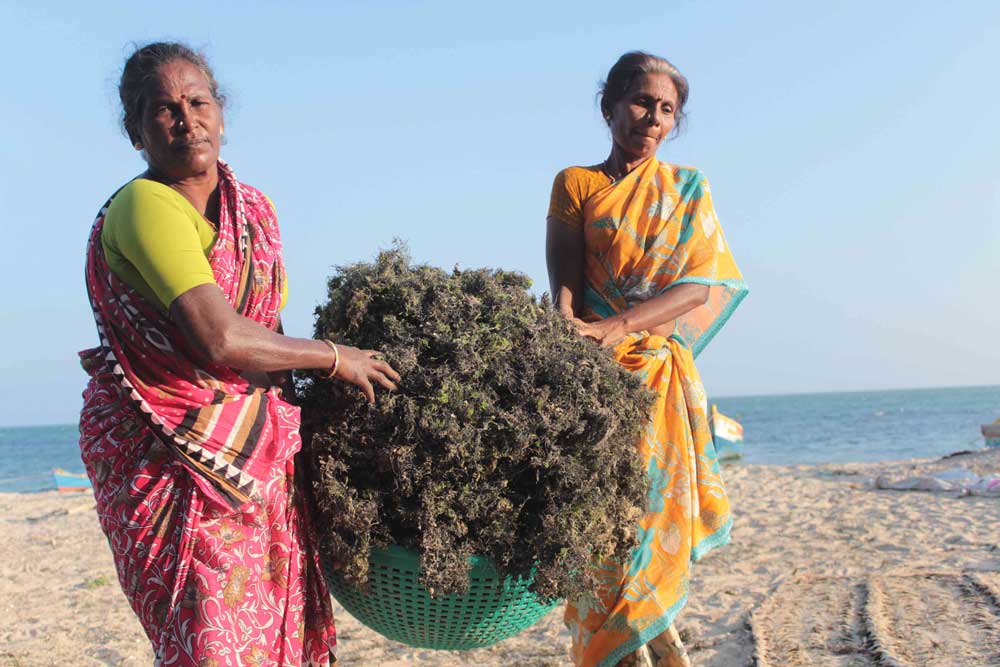According to World Bank data from 2023, India has a substantial gender gap in labour force participation, with women making up 32.7 per cent and men making up 76.8 per cent. Over 90 per cent of workers in India are employed in the unorganised sector, and the fishing industry is vital to the country’s economy.
Fishing is one of the most hazardous occupations, according to the Industrial Labour Organisation (ILO). Yet, the unique risks faced by fisherwomen are seldom acknowledged. Despite making up 74 per cent of post-harvest labourers and 58 per cent of seed collectors, women suffer occupational risks without social protection. For women who work in the unorganised economy, particularly fisherwomen, the health concerns are mostly invisible.

Fisherwomen labour in hazardous situations without access to basic amenities, especially those from underprivileged areas. The lack of facilities like drinking water and restrooms at landing centres, harbours, and fish markets can result in problems with hygiene, urinary tract infections, and reproductive health.

According to a study conducted in Chennai by the MS Swaminathan Research Foundation (MSSRF). Fisherwomen who engage in head-loading and street hawking experience long-term exposure to sunlight, which can lead to headaches, skin irritation, sunburn, and vision issues. Musculoskeletal issues are caused by carrying large and heavy fish loads. These women's health concerns are outside the purview of occupational health guidelines because they are not formally registered as employees. In fishing areas, these women depend on public health services because private healthcare is out of reach for them. However, their problems are frequently ignored and untreated.

In the textile and apparel sector, over 60 per cent of workers are female, due to a surge in the number of women entering the workforce. Skin and respiratory conditions are prevalent, and musculoskeletal ailments are brought on by prolonged periods of maintaining unsuitable postures. Malnutrition and anaemia result from juggling job and domestic responsibilities, which frequently involves missing meals. Even though they work in the official sector, these women still do not have access to sanitary napkins, clean water, or restrooms, and the situation worsens during the hot summer months.

The Employees' State Insurance (ESI) system ignores the unique health concerns of women because the system was created for male employees. Since private healthcare is frequently too expensive and public healthcare lacks gender-sensitive techniques, women typically forego treatment, which exacerbates their diseases. Systemic adjustments are required to guarantee women the best possible health standards. In addition to addressing basic care, and prevention strategies, occupational health policies must incorporate gender-specific risk factors. It must be requirement for both the formal and informal sectors to provide basic amenities including drinking water, sanitary napkins, clean restrooms, and heat-adapted work schedules.
Image source: News18, Mongabay, Cloudfront